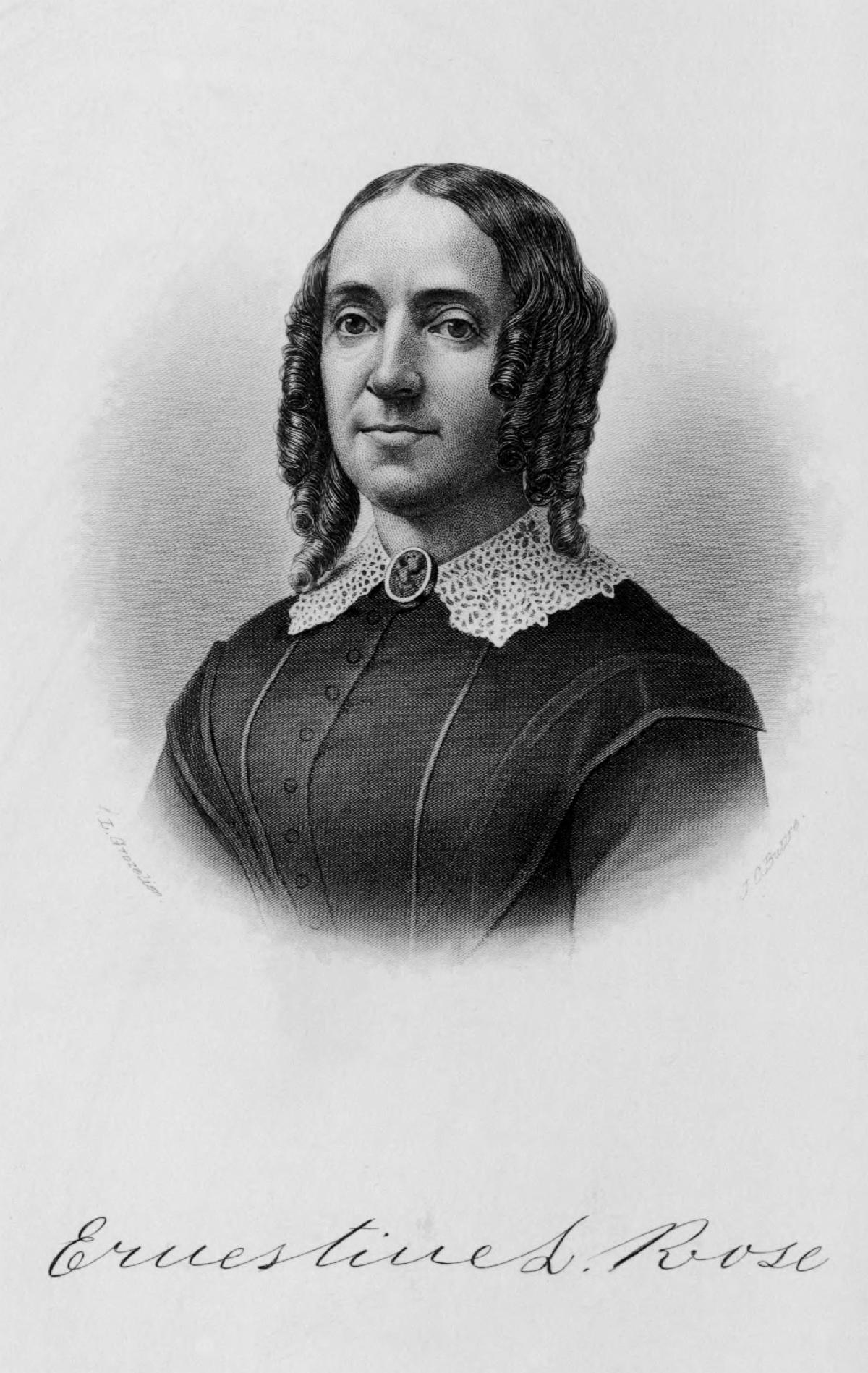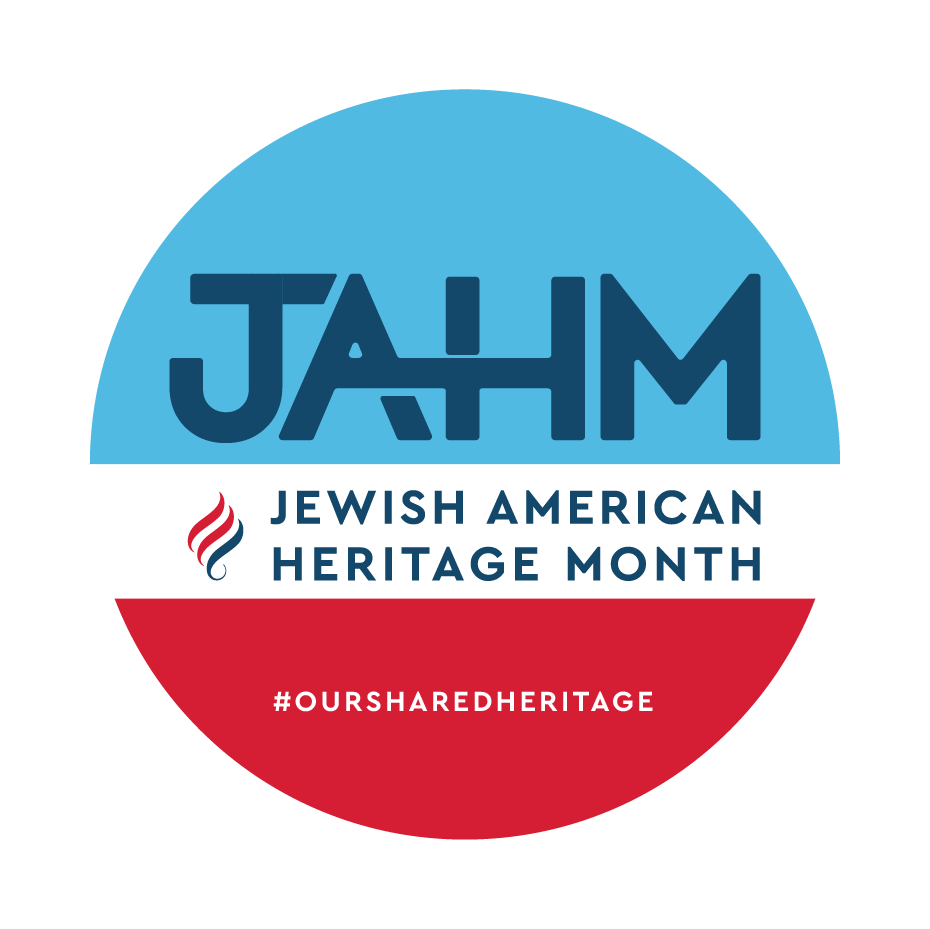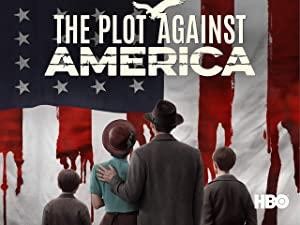 This week, we’re celebrating the centennial of the House of Representatives passing the Nineteenth Amendment, which guaranteed a woman's right to vote. However, it was a long and difficult road to this victory that started long before that pivotal legislation passed on May 21, 1919. This week, we’re celebrating the centennial of the House of Representatives passing the Nineteenth Amendment, which guaranteed a woman's right to vote. However, it was a long and difficult road to this victory that started long before that pivotal legislation passed on May 21, 1919.
Click here to learn about Ernestine Rose, one of the early activists who helped pave the road towards women’s suffrage and was inspired by the work of other activists! Write a postcard to a friend sharing a person who has inspired you. Click the link above for more details. Tag #NMAJH and #HistoryAtHome to let us know who inspires you!
May is Jewish American Heritage Month!  It is Jewish American Heritage Month for two more weeks...and it's never too late join the celebration! It is Jewish American Heritage Month for two more weeks...and it's never too late join the celebration!
Now it's easier than ever to connect to the national JAHM celebration and post to your own social media channels. Check out our e-social media kit for easy posting directly to your own feed. The kit features a curated selection of artifacts from Museum's collection -- including the fabulous photo of Gertrude Weil and her fellow suffragists above, JAHM logo, and more. #OurSharedHeritage JewishAmericanHeritage.org
The Plot Against America: Antisemitism Run Amok
WHEN: Thursday, May 21, 2020 AT 6 PM (ET)
WHERE: Facebook.com/NMAJH  In the counterfactual novel The Plot Against America, the basis for the recent HBO series, Phillip Roth imagined an America where antisemitism ran amok. But the many historic events depicted on the page and screen reveal the deep currents of antisemitism coursing through American life in the 1930s and 1940s. They serve as sobering reminders of a past when America’s Jews responded to antisemitism, just as they must again today. In the counterfactual novel The Plot Against America, the basis for the recent HBO series, Phillip Roth imagined an America where antisemitism ran amok. But the many historic events depicted on the page and screen reveal the deep currents of antisemitism coursing through American life in the 1930s and 1940s. They serve as sobering reminders of a past when America’s Jews responded to antisemitism, just as they must again today.
With: Michael Berenbaum, Independent Consultant for museums and historical films; professor of Jewish Studies and director of the Sigi Ziering Institute, American Jewish University in Los Angeles Pamela S. Nadell, Professor and Patrick Clendenen Chair in Women’s & Gender History, American University. To watch: Look for the LIVE post on the National Museum of American Jewish History’s Facebook page at 6pm EDT. This program will also be available at NMAJH.org via a pop-up message on the homepage shortly before 6pm EST. Please note that audience Q&A is only available on Facebook during the live program. This program is part of our JAHM Scholar Series on Crises & Resilience in American Jewish History. You do not need a Facebook account to view this program. Free. Donations welcome. Pre-registration not required. |